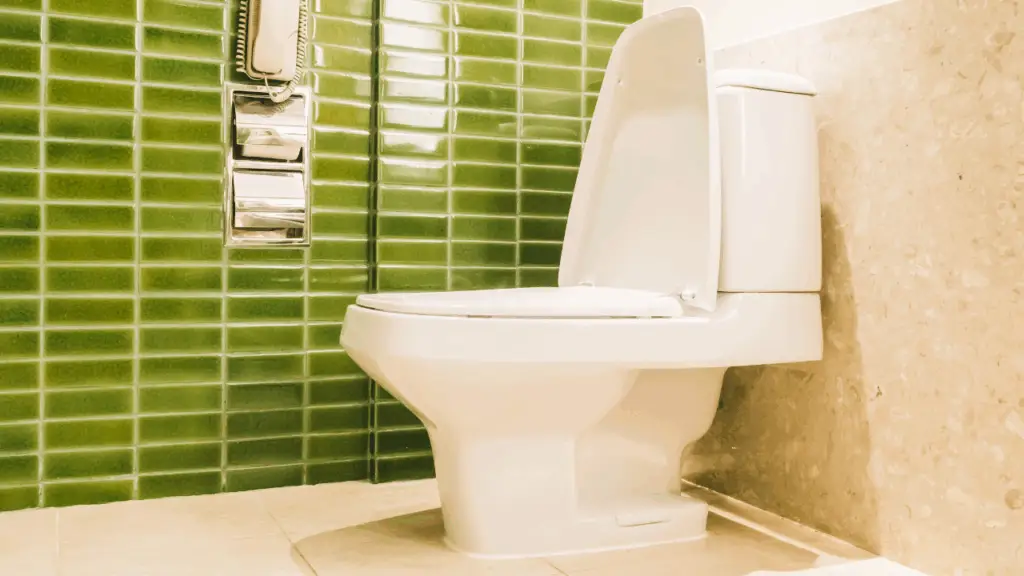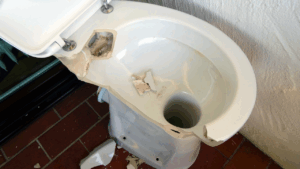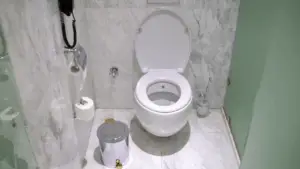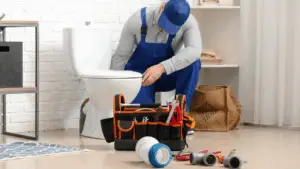1. Know When It’s Time to Replace My Old Toilet
Sometimes, the signs are obvious. Other times, not so much. Recognizing when to upgrade your toilet can save you from major headaches down the line.
Common Toilet Red Flags
My toilet constantly clogs
I notice cracks in the tank or bowl
It wobbles when I sit down
The flush is weak or inconsistent
Water pools around the base
When I experience any of these, it’s usually time to start thinking about a replacement.
2. Choose the Right Model for My Bathroom
Picking the right toilet isn’t just about style—functionality and efficiency matter too.
Consider Efficiency and Features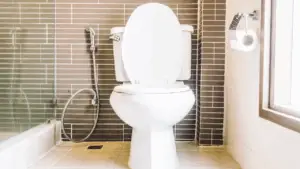

When I replace my old toilet, I look for models with:
Low-flow or dual-flush systems to save water
Comfort height options for easier use
Soft-close lids to reduce noise
Elongated bowls for better comfort
A toilet isn’t something I replace often, so choosing wisely upfront saves me long-term trouble.
3. Prep Before I Remove My Old Toilet
Preparation makes the whole job smoother. The goal is to avoid surprises once I shut off the water and lift the toilet.
Gather the Right Tools
Before starting, I make sure to have:
An adjustable wrench
A putty knife
A bucket and sponge
Rubber gloves
A new wax ring
A new toilet (already assembled, if possible)
I also turn off the water supply and flush the toilet to empty the tank and bowl.
4. How I Install a New Toilet Like a Pro
Once the old toilet is out, it’s time to get the new one in. I place the new wax ring on the flange, lower the new toilet into place, bolt it down carefully, and reconnect the water line.
I always double-check for leaks before sealing around the base with caulk.
5. Avoid Common DIY Toilet Replacement Mistakes
I’ve seen people forget the wax ring, use the wrong bolts, or overtighten fittings. These mistakes can lead to leaks, rocking toilets, and expensive repairs.
6. What Tools Do I Need to Replace My Old Toilet?
Here’s a quick checklist I always follow:
Adjustable wrench
Screwdriver
Putty knife
Wax ring
Closet bolts
Bucket & sponge
Caulk gun (optional)
7. Should I Replace the Wax Ring Too?
Absolutely. Even if it looks fine, I never reuse an old wax ring. A fresh one ensures a clean seal and keeps sewer gases out of my home.
8. How Long Should It Take to Replace My Toilet?
For someone handy, it might take 1–2 hours. As a first-timer, I plan for 3–4 hours just to be safe. Rushing often leads to mistakes.
9. Cost to Replace My Old Toilet
Depending on the model, I spend $150–$300 on a new toilet. Professional installation typically adds $100–$250. The peace of mind is often worth the price.
10. Benefits When I Upgrade My Toilet
Here’s what I gain when I replace my old toilet:
Lower water bills
Improved flushing power
Modern aesthetics
Less maintenance
It’s a small change with big daily benefits.
11. DIY vs. Professional Services
If I’m confident and have the tools, I might tackle the project myself. But there are risks:
Water damage from leaks
Incorrect installation
Voiding warranties
Hiring a licensed plumber saves me time, ensures proper installation, and usually comes with a warranty.
12. Testimonials
“I replaced my old toilet with help from a pro, and it was done in under an hour. No mess, no stress!” — Derek L., Austin, TX
“I tried to DIY it at first, but the wax ring leaked. A plumber fixed it fast and right.” — Melissa R., Tampa, FL
“Super happy with the upgrade! My new toilet uses way less water and looks sleek.” — James N., Seattle, WA
Did You Know?
Did you know modern toilets use up to 70% less water than older models? That means big savings on your water bill over time.
TL;DR Summary
I know it’s time to replace my old toilet when it leaks or clogs often
I choose a water-saving, comfortable, and stylish new model
I prep carefully, install smart, and never forget the wax ring
Going DIY works—but pros save time, hassle, and risks


